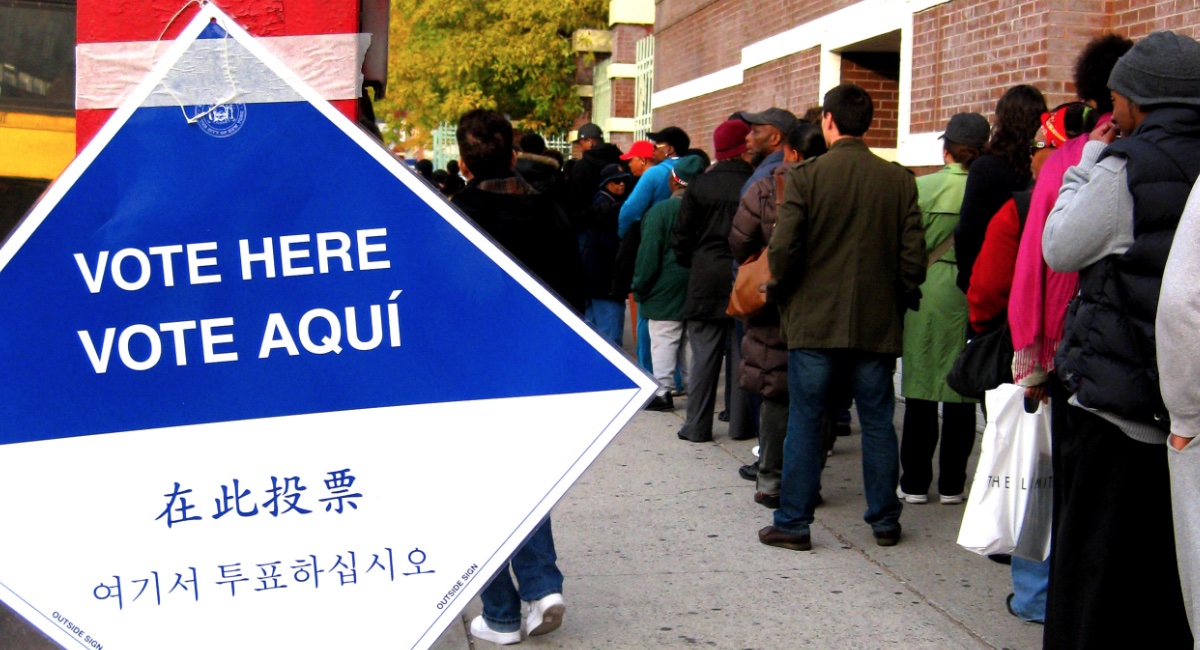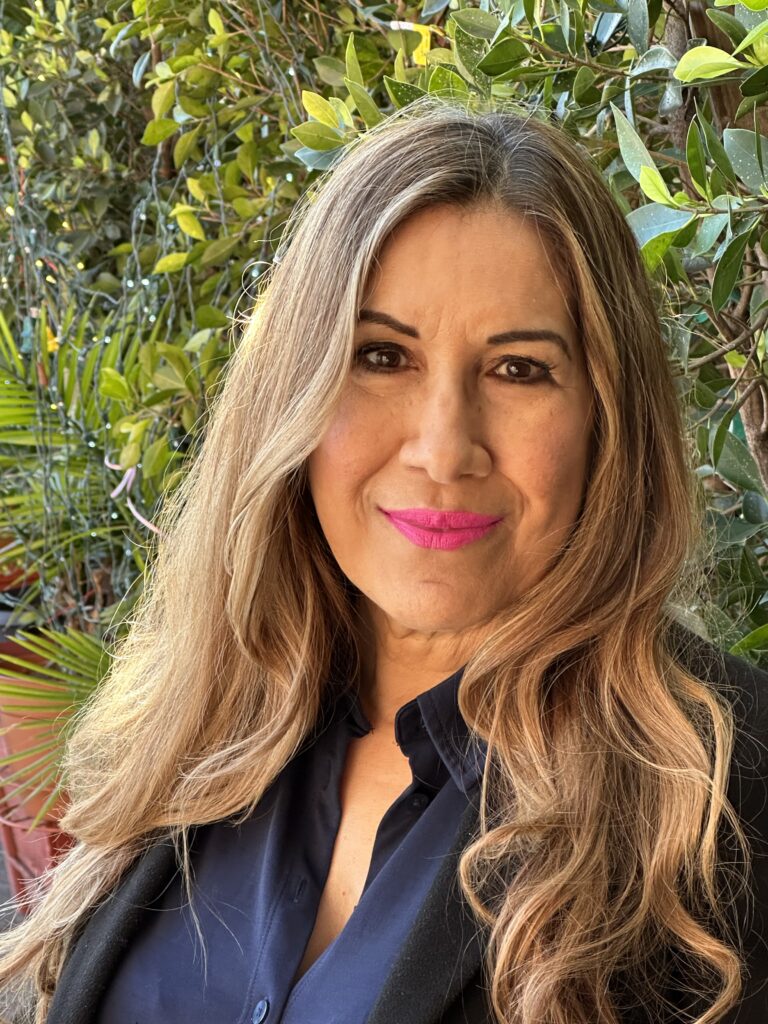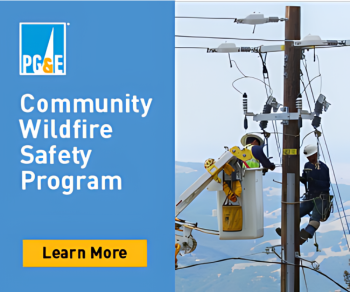As part of our Elections Day 2024 coverage, EMS surveyed around two dozen of our ethnic media partners across the country.
What’s driving voters to the polls this election cycle? What are the key concerns, hopes and aspirations animating voters as Vice President Kamala Harris vies to become the first woman president of the United States, while her Republican rival, Donald Trump, makes a bid for a second term.
Ethnic media “really is on the ground floor when it comes to amplifying voices, educating the community and getting that back to political leaders,” says Houston-based reporter De’Neshia Bell with Black Press USA.
Indeed, what follows is a snapshot of the American electorate on the eve of one of the most consequential elections in a generation, told from the perspective of ethnic media reporters, publishers and editors who have made it their career to reflect the lived experience of America’s increasingly diverse communities.
Mark Tyler, Editor, The Atlantic City Focus
“The most striking thing I learned covering this election is that people want change, but they still view Kamala Harris with a degree of skepticism, although many plan to vote for her anyway,” says Tyler, who covers the African American community in Philadelphia and Atlantic City.
For those that don’t, says Tyler, turning to the Republican side of the ticket should not be read as a betrayal of the community.
“Black Republicans are just as committed to improving their communities as Democrats,” he says. “In fact, they care so much and are so disillusioned with the Democratic Party that they decided to give the Republican Party a chance.”
Mireya Olivera, Reporter, Impulso, Los Angeles
Impulso serves the largely immigrant Oaxacan Indigenous community in Los Angeles County. According to Olivera, there are those in the community who find Trump’s message of lower taxes and a more secure border appealing.
“They have hopes that the economy will improve, and they are totally against having an open border,” she explains, recalling an interview with a community leader who shared his interaction with a group of newly naturalized US citizens preparing to vote for the first time.
“They have hopes that the economy will improve, and they are totally against having an open border.”
Olivera describes a sense of frustration among earlier Oaxacan immigrants who feel the waves of newer arrivals are being given opportunities they never had. They “arrive with immigration documents, work permits, people who have been here for twenty or more years do not have any work permits and are practically losing their jobs.”
That same sense of despair can be found even among younger generations born here in the U.S., she adds. “When their parents arrived, they worked hard to buy their homes and had a place to live. But the younger generation, even being from here, do not have those same opportunities.”
Araceli Martínez, La Opinión, Los Angeles
Immigration is “if not number one, it’s among the top three” issues, says Martínez. “Particularly in this election, with one candidate—the Republican candidate and former President Donald Trump—promising mass deportations.”
Trump’s oft-repeated threat to deport some 11 million undocumented immigrants now in the country—a plan likely to cost billions and cause irreparable harm to communities nationwide—has “elevated” the significance of immigration as an issue for many, she explains.
As part of her reporting, Martínez wrote about a polling station in West Los Angeles for transgender voters. It is, she says, an example of the lengths California has gone to “ensure our votes count.”
Jiah Yoon, Reporter, Korea Daily, Atlanta
“The main issue here is the economy, just like other communities. Inflation, paying the bills and taxes are what people worry about. And Korean residents are no different,” says Yoon.
“Also, there are many Korean businesses here… there is a Korean battery plant, an electric car plant, and a solar panel plant. So, Korean residents are always paying a lot of attention to economic policies that can affect those businesses.”
But, she adds, “the Korean community in general is very diverse. I’ve met some people who told me that the local economy is the most important issue for them. Someone told me they really think about how their vote can influence the US and South Korea alliance. Others have said that life after retirement is their biggest concern.”
Jongwon Park, Reporter, The Korea Daily, New York
“The Korean American community in New York and New Jersey is very interested in whether or not Andy Kim will be elected to the U.S. Senate. If elected, Andy Kim will be the first Korean American to serve in the U.S. Senate. The fact that a Korean American politician is running for such a high office makes Korean immigrants more interested in the election and more likely to vote.”
“The Korean American community was disappointed and saddened by the attacks against Kim, especially when a Republican political commentator accused him of wearing a ‘North Korean flag’ necktie. Even in New York and New Jersey, which are considered relatively liberal states, we never expected to hear such racist comments against a Korean American candidate. Ironically, as a result, Korean Americans are more interested in this election.”
The fact that a Korean American politician is running for such a high office makes Korean immigrants more interested in the election and more likely to vote.
Rose Davis, Publisher/Editor, Indian Voices, San Diego, CA
“Concerned Native citizens are focused on preserving and promoting Native culture and forcing the Federal Government to uphold their mandate and obligation to oversee and follow their treaties.”
“As the tribes grow from gaming and into industry, the Bureau of Indian Affairs (BIA) is obligated to stand with the tribes as this transition takes place. Just as the Native Gaming Association helped with the gaming industry, the BIA is obligated to stand by tribes as they explore industry.”
“The funds and grants that rightfully should flow to the tribes from the treaty of 1870 have been hard fought. Funds for the Language Preservation Act pushed by Russell Means in 1970 have not been forthcoming. As tribes move from farms to industry, The Federal government and the BIA must be put on alert to make sure that mandated grants are made available.”
Fatmeh Bakhit, Editor/Publisher, Al Enteshar, Los Angeles
“What’s going on now in Gaza, and in front of the whole world, the massacre… and neither the Democratic Party or Congress push hard to stop it. The community has been asking for a cease fire. It has been almost 13 months now and no one has done anything. We see people dying, from not finding food… they are starving.
This is going to affect the vote this year. As you know, most Arabs used to vote Democrat. And they are very concerned… they are between this or that, and they cannot vote for either. When I do interviews, people are so afraid that Trump might win and do bad to the Muslim community. They call him a danger. So, they are turning to third party candidates, which is the Green Party.”
Rong Xiaoqing, Reporter, Sing Tao Daily, New York
Chinese Trump supporters are still a strong group… they are still very loud. But if you compare this year to the I don’t think this group is bigger. At the same time, in 2020 I didn’t see a whole group of Chinese Democratic supporters really go out into the field, to knock on doors and rally votes for the Democratic candidate. This year, I did see them. There are quite a lot of them. They went to Pennsylvania… to swing states to help Kamala Harris. I think this is something new.”
“Everyone thinks this is a very critical election, maybe the most critical in their whole life. So people who stayed silent before, who maybe voted Democratic but didn’t announce it because of those voices supporting Trump, now think this is their last chance.”
Tar Macias, Editor/Publisher, Hola Nebraska, Omaha, Nebraska
“Our community is excited about the possibility of seeing the first woman, a woman of color become the first woman president. Given the latest poll by the Des Moines Register that positions Harris ahead of Trump in Iowa, that is something that I wasn’t expecting, seeing how Iowa has been ruby red for over a decade. But we still have to see if that becomes a fact.”
As for what’s surprised Macias, “How people are once again excited about voting. Something I think we lost from the last election.”









